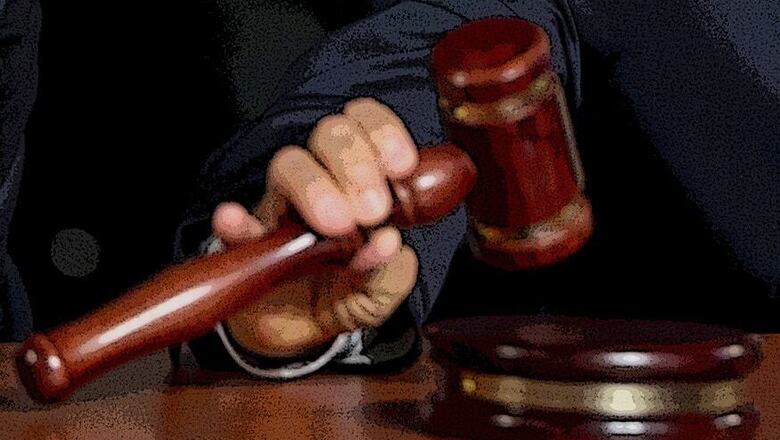
views
On February 11, a Constitution Bench led by Justice Rohinton F Nariman directed political parties to publish the entire political history of their candidates for Assembly and Lok Sabha elections along with the reasons for fielding suspected criminals with reference to the qualifications, achievements, and merit of the candidate concerned, and not mere ‘winnability’ at the polls.
The information is required to be published in local and national newspapers as well as the party’s social media platform within 48 hours of selection of the candidate or less than two weeks before the first date of filing nominations, whichever is earlier. Compliance reports are required to be submitted to the Election Commission within 72 hours of the Supreme Court directive or face contempt of court.
The court has noted alarming increase in the number of candidates with criminal records entering politics; 24% MPs had criminal cases pending against them in 2004, which went up to 30% in 2009 and 34% in 2014. But in 2019, 43% MPs had criminal cases pending against them.
On May 25, 2019, a report in a national daily said that of 539 winners in Lok Sabha elections 2019, 233 MPs had declared criminal cases against themselves — increase of 44% in this category since 2009.
The cake was taken by elected Congress MP Dean Kuriakose from Idukki constituency of Kerala who declared 204 criminal cases against himself, including cases of culpable homicide, house trespass, robbery, criminal intimidation etc. The report also analysed that ‘winnability’ for a candidate with declared criminal cases in Lok Sabha polls was 15.5% compared to 4.7% for a candidate with clean background.
In September 2018, a five-judge Constitution Bench led by then Chief Justice Dipak Mishra had observed that rapid criminalisation of politics cannot be arrested by merely disqualifying tainted legislators but should begin by cleansing political parties.
The court directed political parties to publish online pending criminal cases of their candidates and urged Parliament to bring a strong law to cleanse political parties of leaders facing trial for serious crimes. Ironically, the muck in all political parties has accumulated to such an extent that cleansing this should have been a major part of the Swachh Bharat Mission announced by Prime Minister Narendra Modi in 2014. But that was not to be.
In 2017, there was much hype in announcing that 12 special courts set up in 2018 will deal exclusively with criminal charges against politicians within the year, creating the false impression that the whole shebang will be cleared before the 2019 general elections.
The SC has shown concern about the rise in number of MPs facing criminal charges, but what about the elected MLAs and MLCs? Currently no data on them is available, but according to statistics of 2017, of the 4,120 MLAs and 462 MLCs, 1,353 were facing serious criminal charges.
Considering the rise in MPs facing criminal charges, corresponding rise in MLAs and MLCs in this category too would have happened. Rising unemployment and goon power is likely to be used more and more by politicians, as seen in the recent Delhi elections even though manipulations like Shaheen Bagh misfired.
Unfortunately, we have landed up in a state where a vote is all that matters to political parties with nationalism and ‘nation first’ slogans reduced as catalysts for electioneering.
Recall in 2014, the Delhi High Court indicted the Congress and the BJP for receiving foreign funds in violation of the Foreign Contributions Regulation Act (FCRA), directing the government and the EC to re-examine these violations. But the new government amended FCRA with retrospective effect and passed a money bill without any discussion in Parliament, much to the glee and benefit of political parties big and small, who are now slush with money whether in power or not.
The Supreme Court had also said two years ago that the government should amend Article 102 of the Constitution and Provisions of the People’s Act providing grounds for disqualification from contesting polls. But will the government do so and even if it does, will it be as ineffective like the anti-defection law? Presently, an individual ‘jailed’ for less than two years can contest elections. Why should that be the criteria in the first place?
Where does the current SC directive lead to? Yes, criminal history of individuals would be published but the stance of political parties will be that nothing has been proved and it is up to the public to vote for an individual or not. Take the case of MP Dean Kuriakose who got elected despite declaring 204 pending criminal cases against him. The second argument would be that criminal cases are filed by vested interests to prevent an individual from contesting elections. The third argument would be that bringing in a law would encourage filing of false criminal cases by other political parties.
It may be argued that filing of false charges is punishable under law but then the cases can prolong endlessly with crores of cases pending in courts and individuals can always be found and bribed to file false cases.
The current SC directive can at best be a form of deterrence, its effectiveness dependent on the scale of morality in political parties, if there is such a word in their lexicon. The major onus lies on the shoulders of the Prime Minister who should make this a target as big as his aim of $5 trillion economy.
Whether he would devote time for this at all with large number of lawmakers in his own political party facing criminal charges and amidst calculations for the upcoming assembly elections in Bihar this year, plus the assembly elections in West Bengal, Kerala, Assam and Tamil Nadu next year, is another issue.
(The author is veteran Indian Army. Views are personal)













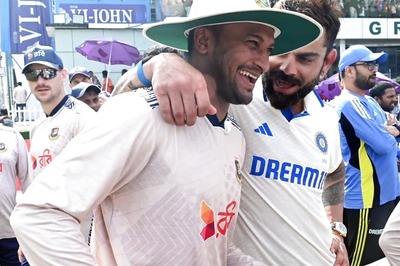

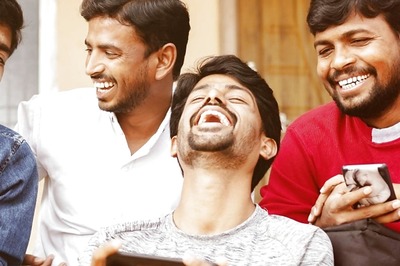
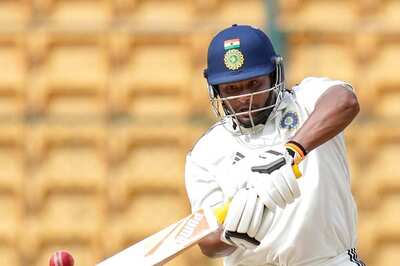
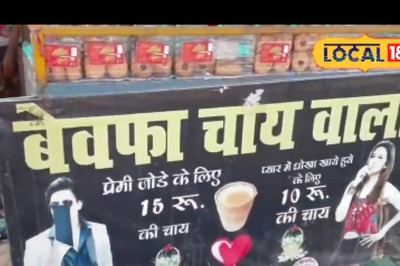
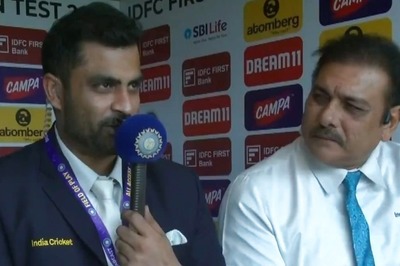

Comments
0 comment